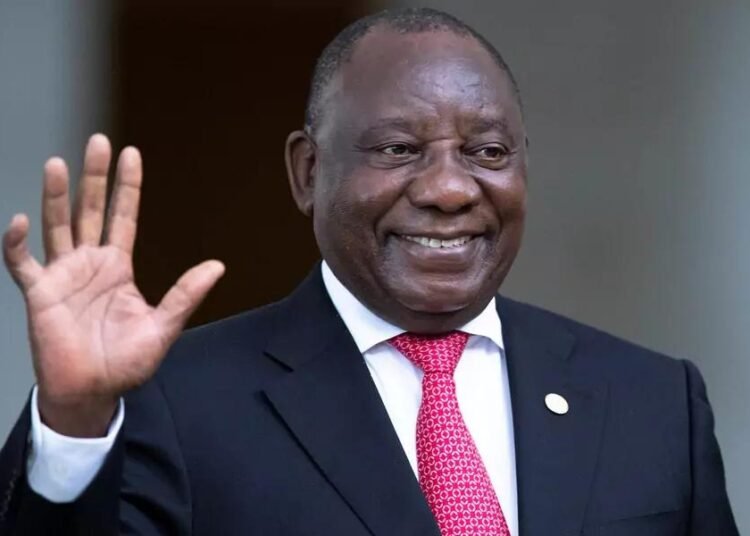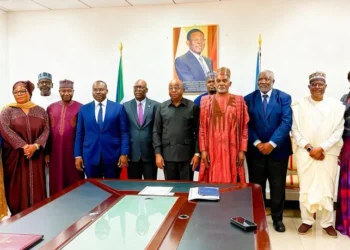President Cyril Ramaphosa says freedom of the media to do its work is an imperative pillar of South Africa’s democracy.
The President said this when he addressed the nation through his weekly newsletter.
His comments come on the back of South Africa reaching a ranking of 25th in the recently released World Press Freedom Index – up from 35th in the previous rankings. The index is compiled through survey by international non-profit and non-government organisation, Reporters Without Borders.
“Media freedom is a pillar of our democratic order. Our journalists continue to be the standard-bearers for accountability and the empowerment of citizens. Media investigations have shone a spotlight on corruption, the abuse of vulnerable people, the targeting of whistle-blowers, and all manner of wrongdoing within the state, the private sector, academia and other sectors.
“Media freedom, like so many of the rights contained in our Constitution, is hard won. It thrives in an environment where the media itself exercises due caution to be credible, accurate, fair and truthful always.
“In the end, the state of our media is not defined by its ranking on an index, but by how it contributes to building a vibrant democracy with an informed, empowered and active citizenry,” he said.
President Ramaphosa acknowledged that although journalists in South Africa freely “work without censorship, harassment or judicial sanction”, they still face several internal and external challenges.
“Several media institutions are struggling to survive in the face of technological change, shifting media consumption behaviour and the after-effects of the COVID-19 epidemic. These developments inevitably undermine the vibrancy and diversity of our media.
“In recent years, there have been incidents where journalists have been threatened or assaulted in the course of their work. Some have been vilified on social media or targeted by political figures. As a society, we must condemn such actions and work to prevent them,” he said.
He emphasised that although the media must hold those in power – whether in government of private business – to account, the press also holds a responsibility to educate and inform the citizenry on pressing issues.
One of the pressing issues, the President said, is the upcoming general elections which will be held in South Africa next year.
“As citizens prepare to exercise this important civic responsibility, the media should use its reach and influence to encourage more citizens to register to vote. It should make a greater effort to cover issues in communities that sometimes receive little coverage in the mainstream media.
“Without seeking to unduly influence voters, the media should focus on the critical issues that matter to people when they need to decide who to vote for,” President Ramaphosa said.






























































